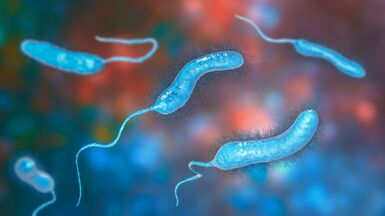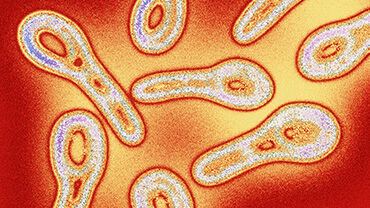Epidemiological update: outbreak of dengue in Madeira, Portugal, 7 November 2012Archived
As of 4 November 1 148 cases of dengue infection have been reported, of which 517 were laboratory confirmed. The case definition has been revised and an automated surveillance system has been set up with the support from ECDC. The changes that were put in place meant that additional cases were identified retrospectively.
The outbreak of dengue in Madeira has evolved rapidly since its onset on 3 October 2012. As of 4 November, according to an update from the Portuguese Ministry of Health, 1 148 cases of dengue infection have been reported from the public health sector of which 517 were laboratory confirmed. During the outbreak, 57 people have been hospitalised for observation and no deaths or cases of severe dengue have been reported. Three patients remained in hospital.
Almost all reported cases refer to the resident population. However, a small number of visiting tourists have been diagnosed with dengue infection after developing symptoms back in their home countries. The United Kingdom has reported six cases imported from Madeira, France and Germany two cases each and Sweden one case. None of these persons have had serious disease. In addition, eight cases were diagnosed after returning to mainland Portugal.
The updated figures indicate that the outbreak has not yet peaked and more cases among the island’s population as well as returning tourists should be expected. The peak mosquito breeding period, including the dengue vector Aedes aegypti, will continue until the beginning of next year and coincides with a peak in the number of visitors to the islands over the Christmas holidays.
Enhanced surveillance and new case definition
ECDC is providing technical assistance to the health authorities in Madeira in their efforts to control the outbreak. The epidemiological case definition has been revised and an automated surveillance system has been set up with the support from ECDC. The system, which is based on unique identifiers and reports from the public health services, allows for timely monitoring of cases by date of onset, age, sex, place of residence and area of daily activities. Private providers are encouraged to report via a web-based system.
The changes that were put in place meant that additional cases were identified retrospectively. The entomological and epidemiological findings from the ECDC mission are currently being analysed and will form the basis for ECDC’s recommendations for dengue control in Madeira in the short and long term. It is still too early to predict if this outbreak signals the start of endemic dengue on the island.
Read more







